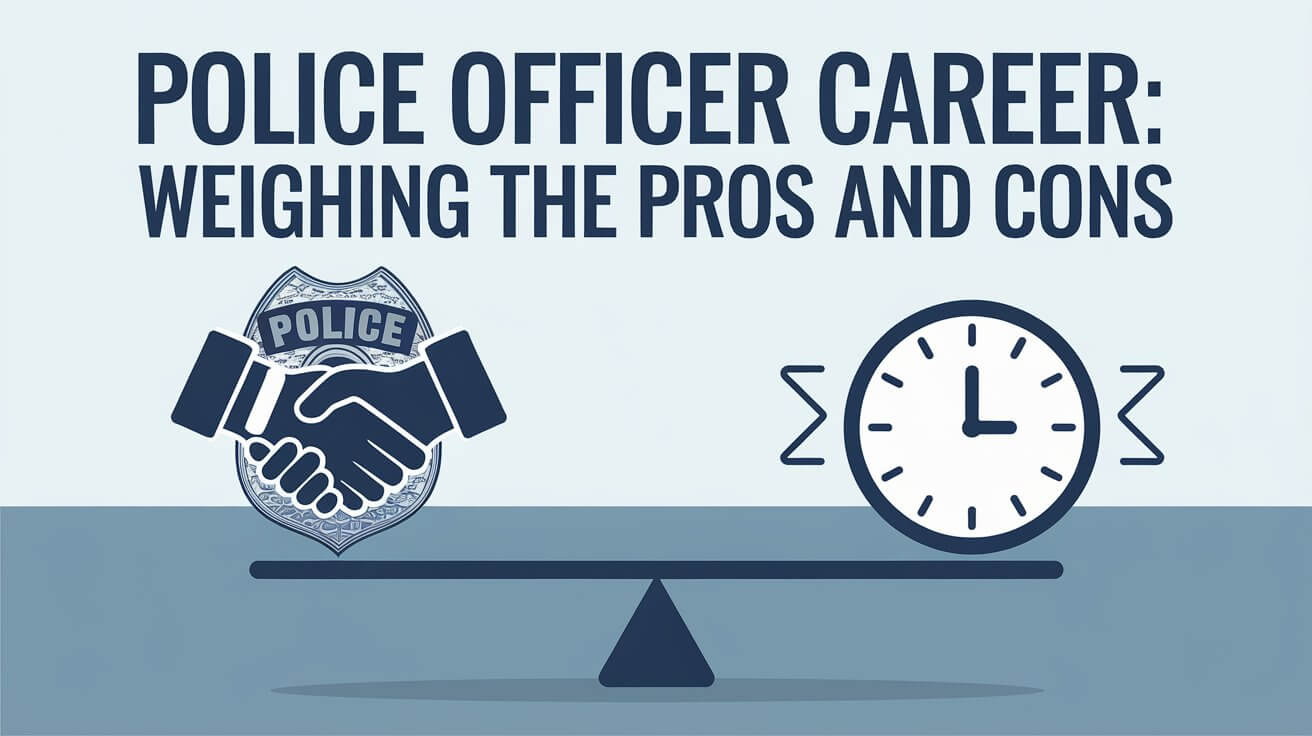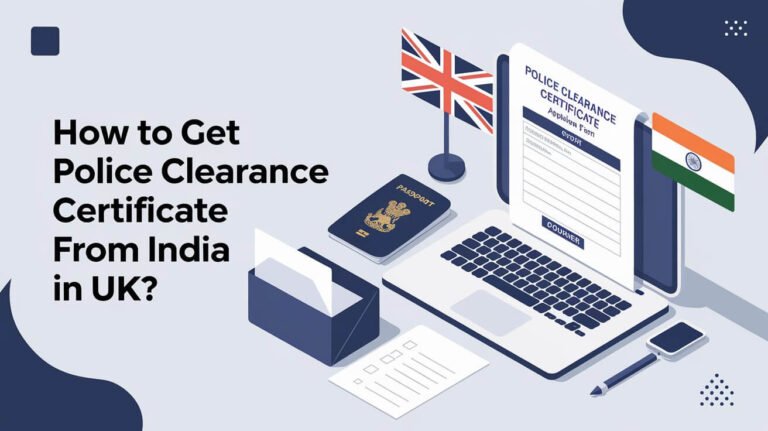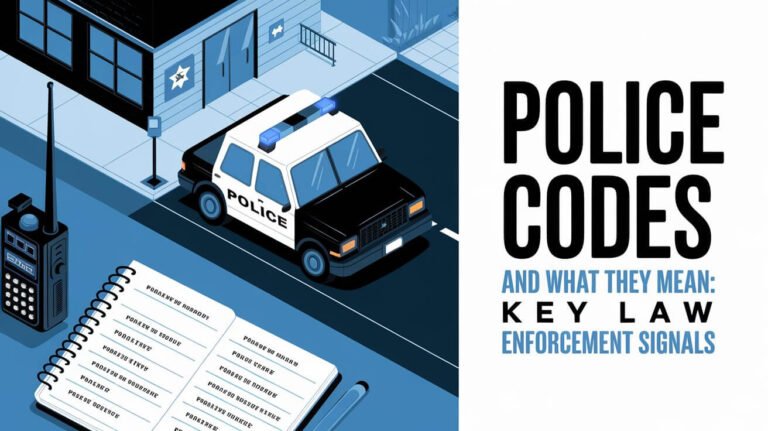Police Officer Career: Weighing the Pros and Cons

Being a police officer offers both rewards and challenges. The job provides opportunities to serve the community, job security, and competitive benefits. However, it also involves risks, irregular hours, and public scrutiny. Ultimately, the worth of a police career depends on individual values and goals.
Law enforcement careers attract those seeking to make a difference in their communities. But is being a police officer truly worth it? This article explores the various aspects of a police career, from daily duties to long-term prospects, to help you decide if it’s the right path for you.
The Role of a Police Officer
Daily Duties and Responsibilities
Police officers wear many hats in their day-to-day work. They patrol neighborhoods, respond to emergency calls, and investigate crimes. Officers also:
- Enforce traffic laws
- Arrest suspects
- Write detailed reports
- Testify in court
- Provide first aid
- Engage in community outreach
No two days are the same in law enforcement. This variety keeps the job interesting but can also be demanding.
Skills Required for Law Enforcement
Successful police officers possess a unique set of skills:
- Physical fitness
- Critical thinking
- Communication
- Emotional intelligence
- Problem-solving
- Teamwork
- Adaptability
These skills help officers handle diverse situations effectively and safely.
Rewards of a Police Career
Making a Difference in Communities
Many officers find fulfillment in serving their communities. They:
- Prevent crimes
- Help those in need
- Resolve conflicts
- Educate the public on safety
This direct impact on people’s lives can be incredibly rewarding.
Job Security and Stability
Law enforcement offers stable employment. According to the Bureau of Labor Statistics, the job outlook for police officers is expected to grow 7% from 2020 to 2030. This stability provides peace of mind in an uncertain job market.
Competitive Salary and Benefits
Police officers often enjoy competitive compensation packages. The median annual wage for police officers was $67,290 in May 2021. Many departments offer:
- Health insurance
- Retirement plans
- Paid time off
- Life insurance
- Tuition reimbursement
These benefits contribute to overall job satisfaction and financial security.
Opportunities for Advancement
Law enforcement careers offer various paths for growth. Officers can:
- Specialize in areas like detective work or K-9 units
- Move up the ranks to sergeant, lieutenant, or captain
- Transition to federal agencies
This potential for advancement keeps the career exciting and rewarding.
Challenges Faced by Police Officers
Physical and Emotional Risks
Policing can be dangerous. Officers face:
- Violent confrontations
- Exposure to traumatic events
- Risk of injury or death
The emotional toll of these experiences can lead to stress, anxiety, and PTSD. Departments increasingly recognize the importance of mental health support for officers.
Irregular Work Hours
Police work doesn’t follow a 9-to-5 schedule. Officers often work:
- Nights
- Weekends
- Holidays
This can strain personal relationships and make work-life balance challenging.
Public Scrutiny and Pressure
In recent years, police actions have faced increased scrutiny. Officers must:
- Make split-second decisions
- Handle high-pressure situations
- Navigate complex social issues
This scrutiny can add stress to an already demanding job.
Administrative Burdens
Paperwork is a significant part of police work. Officers spend considerable time:
- Writing reports
- Documenting incidents
- Preparing for court appearances
These tasks, while necessary, can be time-consuming and tedious.
Career Satisfaction in Law Enforcement
Sense of Purpose and Fulfillment
Many officers report high job satisfaction due to:
- Helping others
- Solving problems
- Contributing to society
This sense of purpose can outweigh the challenges for many in law enforcement.
Camaraderie Among Officers
Police work fosters strong bonds between colleagues. Officers:
- Rely on each other in dangerous situations
- Share unique experiences
- Support one another through challenges
This camaraderie creates a tight-knit community within the force.
Variety in Daily Work
No two days are the same for police officers. They might:
- Respond to a domestic dispute
- Investigate a burglary
- Assist in a car accident
- Participate in community events
This variety keeps the job engaging and prevents monotony.
Education and Training for Police Officers
Academic Requirements
Most departments require a high school diploma or equivalent. However, many officers pursue higher education:
- Associate’s degree in criminal justice
- Bachelor’s degree in law enforcement
- Advanced degrees for leadership positions
Higher education can lead to better job prospects and advancement opportunities.
Police Academy Training
All officers must complete police academy training. This rigorous program covers:
- Physical fitness
- Firearms training
- Legal education
- Crisis intervention
- First aid
Academy training prepares recruits for the demands of police work.
Ongoing Professional Development
Learning doesn’t stop after the academy. Officers engage in continuous training on:
- New laws and procedures
- Technology advancements
- Cultural sensitivity
- De-escalation techniques
This ongoing education helps officers stay effective and adapt to changing needs.
Financial Aspects of a Police Career
Salary Ranges and Overtime
Police salaries vary by location and experience. Entry-level officers might earn around $40,000, while experienced officers in large cities can make over $100,000. Overtime opportunities often boost earnings significantly.
Retirement and Pension Plans
Many departments offer generous retirement benefits:
- Pension plans
- Early retirement options
- Healthcare coverage in retirement
These benefits provide financial security for officers’ futures.
Health Insurance and Other Benefits
Comprehensive benefits packages often include:
- Medical, dental, and vision insurance
- Paid sick leave and vacation time
- Life insurance
- Disability coverage
These benefits contribute to overall compensation and job satisfaction.
Work-Life Balance for Police Officers
Managing Shift Work
Shift work is a reality for most officers. Strategies for coping include:
- Maintaining a consistent sleep schedule
- Using blackout curtains for daytime sleep
- Planning family time around shifts
Departments increasingly recognize the importance of shift management for officer well-being.
Impact on Personal Relationships
The demands of police work can strain personal relationships. Officers may:
- Miss important family events
- Struggle to disconnect from work stress
- Face challenges in romantic relationships
Open communication and support from loved ones are crucial for maintaining healthy relationships.
Strategies for Maintaining Balance
Officers can take steps to balance work and personal life:
- Prioritize self-care
- Set boundaries between work and home
- Engage in hobbies and interests outside work
- Seek support when needed
Departments often provide resources to help officers maintain this balance.
Long-Term Career Prospects in Law Enforcement
Specialization Opportunities
Officers can specialize in various areas:
- Detective work
- Cybercrime
- Forensics
- SWAT
- K-9 units
These specializations can lead to increased job satisfaction and career growth.
Leadership Roles
Ambitious officers can climb the ranks to:
- Sergeant
- Lieutenant
- Captain
- Chief of Police
Leadership roles offer new challenges and the chance to shape department policies.
Transferable Skills for Other Careers
Police work develops skills valuable in many fields:
- Crisis management
- Communication
- Leadership
- Problem-solving
- Attention to detail
These skills can open doors to careers in security, law, or public administration.
The Impact of Technology on Policing
Adapting to New Tools and Techniques
Technology is changing police work. Officers now use:
- Body cameras
- Data analytics
- Drones
- Advanced communication systems
Adapting to these tools is crucial for modern policing.
Cybercrime and Digital Forensics
As crime increasingly moves online, officers must:
- Understand digital evidence
- Investigate online fraud
- Combat identity theft
- Protect against cyber attacks
This evolving landscape creates new challenges and opportunities in law enforcement.
Community Relations and Police Work
Building Trust with the Public
Positive community relations are vital. Officers work to:
- Engage in community events
- Practice transparent policing
- Address community concerns
- Build relationships with diverse groups
These efforts help create trust between police and the communities they serve.
Community Policing Initiatives
Many departments embrace community policing, which involves:
- Foot patrols
- Neighborhood watch programs
- Youth outreach
- Problem-solving partnerships with residents
These initiatives aim to prevent crime and improve police-community relationships.
Is Being a Police Officer Right for You?
Self-Assessment Questions
Consider these questions:
- Are you physically and mentally prepared for the challenges?
- Can you handle high-stress situations?
- Are you comfortable with shift work?
- Do you have a strong sense of ethics?
- Are you passionate about serving your community?
Honest self-reflection can help determine if policing aligns with your strengths and goals.
Considering Personal Values and Goals
Reflect on how a police career fits with your:
- Career aspirations
- Family plans
- Personal ethics
- Desired lifestyle
Aligning your values with your career choice leads to greater job satisfaction.
Being a police officer has rewards and challenges. The job offers service opportunities, job security, and good benefits. It also involves risks, odd hours, and public scrutiny. Compare these factors to your goals and values to decide if law enforcement is right for you. Becoming a police officer is a personal choice. Consider all aspects of the job carefully before deciding.






